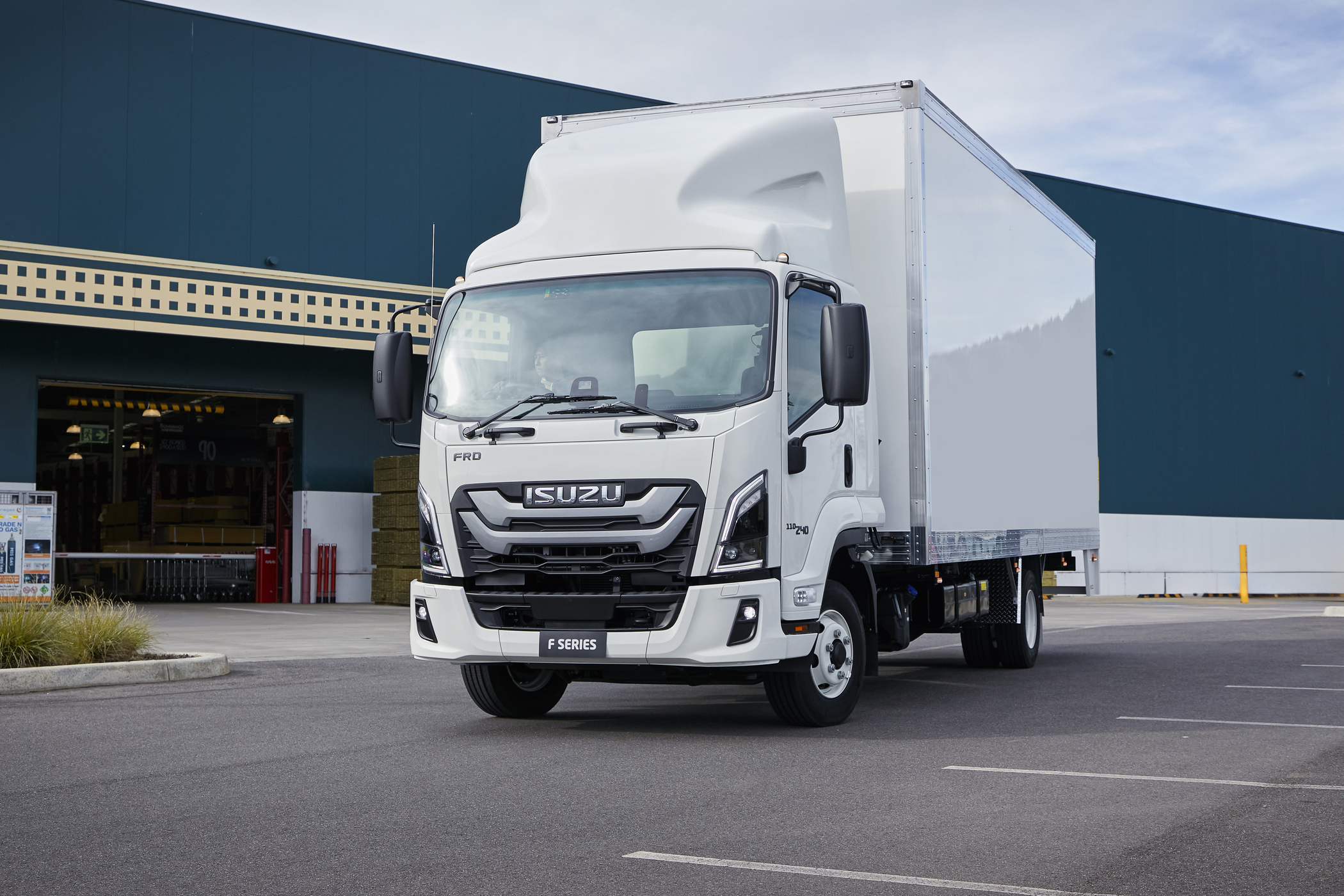Tyre health: Trucking with confidence

Selecting tyres for your truck is one of those necessary—but admittedly not overly stimulating—decisions that can nonetheless have a large impact on the performance and capability of your truck.
It’s not just about selecting a high-quality tyre, but also getting the right type for the job, knowing how to look for signs of wear and tear and maintaining good tyre health.
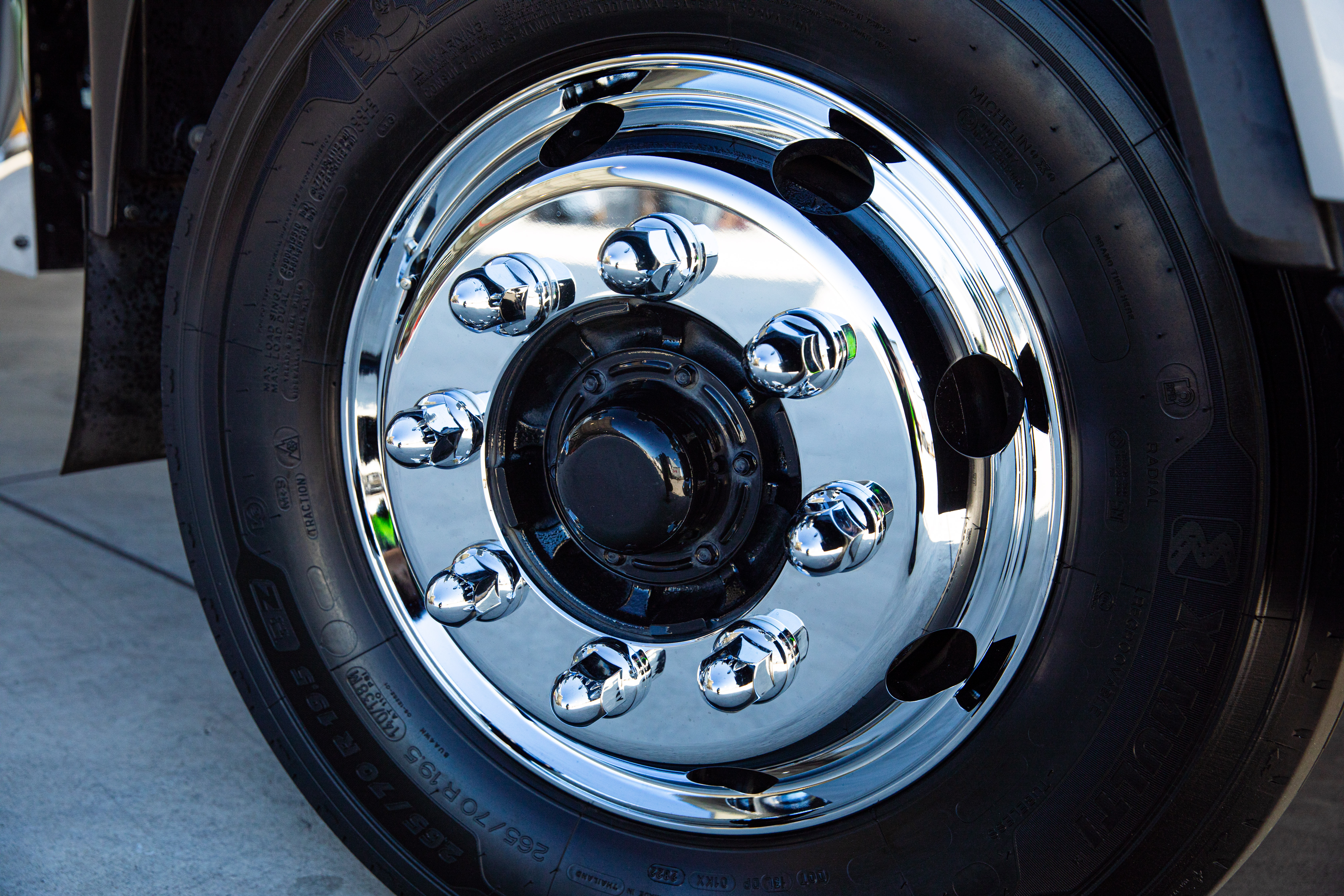
Eyes on the prize
Tyre health might sound like a strange phrase, but it makes sense if you look at in reverse: i.e. how do I prevent my tyres from dying? Unfortunately, it’s not quite as simple as buying the right tyres and having them fitted by a qualified service mechanic.
Trucks require speciality tyres that vary depending on the weight of the vehicle and its application (or use). Light Truck tyres have the acronym LT on the sidewall marking and are compatible with small to heavy-duty trucks (dependent on application).
Commercial tyres are heavier and even more durable than Light Truck tyres and are used for trucks in many end-uses such as heavy goods and equipment delivery and construction, through to agriculture and rubbish removal.
Trucks are manufactured to work with dedicated steer, drive and trailer tyres and larger trucks are usually specified with dual drive and trailer tyres for load spread and safety; with that backup tyre to prevent critical failure.
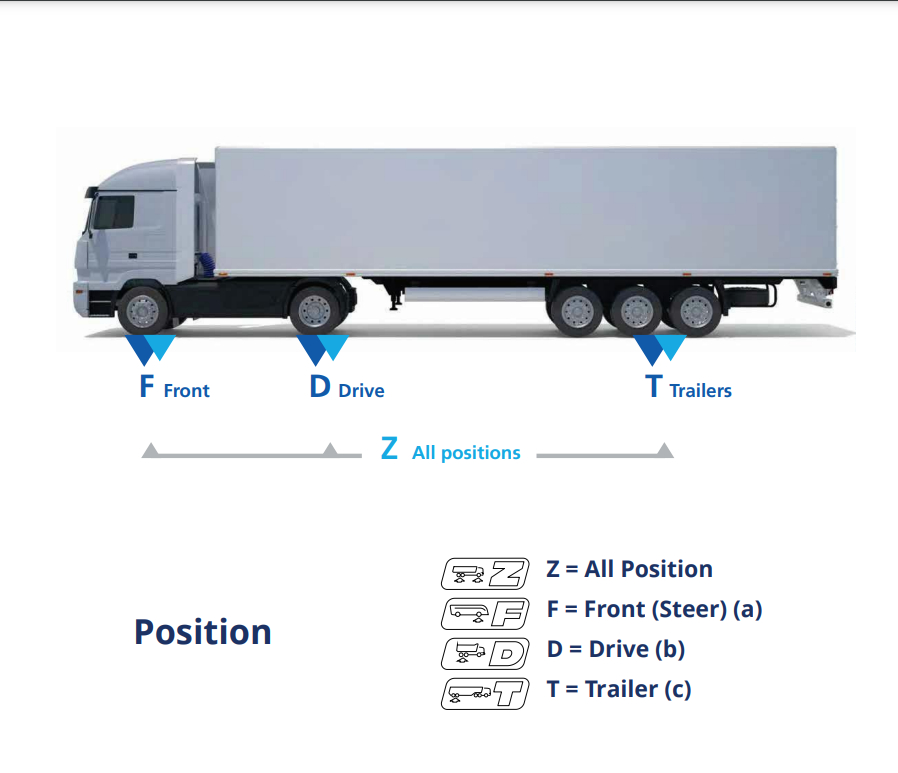
Image supplied by Michelin Australia
This means that tyres should never be interchanged between positions.
What to watch for
Tyres bear the full weight of your load each day, so it’s only reasonable that they will wear out after time. There are signs that can indicate this is occurring before a big blowout happens:
- One of the key things to watch for is the tread surface wearing unevenly.
- Odd chunks missing can indicate that debris on the road has damaged the tyre, or that the roads are in disrepair and affecting the performance. Urban roads can be a killer on truck tyres with rough chip bitumen and high kerbs to catch on.
- Visually checking your tyres before hitting the road is a great way to avoid issues. It gives you the chance to check for wear and tear, missing chunks, scratches, or debris stuck in the tyre. Even looking at the condition of the wheel rims can forecast a future tyre issue.
- During rest or fuel stops, take the opportunity to look over tyres and run your hand across the surface to check the temperature—an overheated tyre will be drastically hotter and can indicate that there is a major problem occurring.
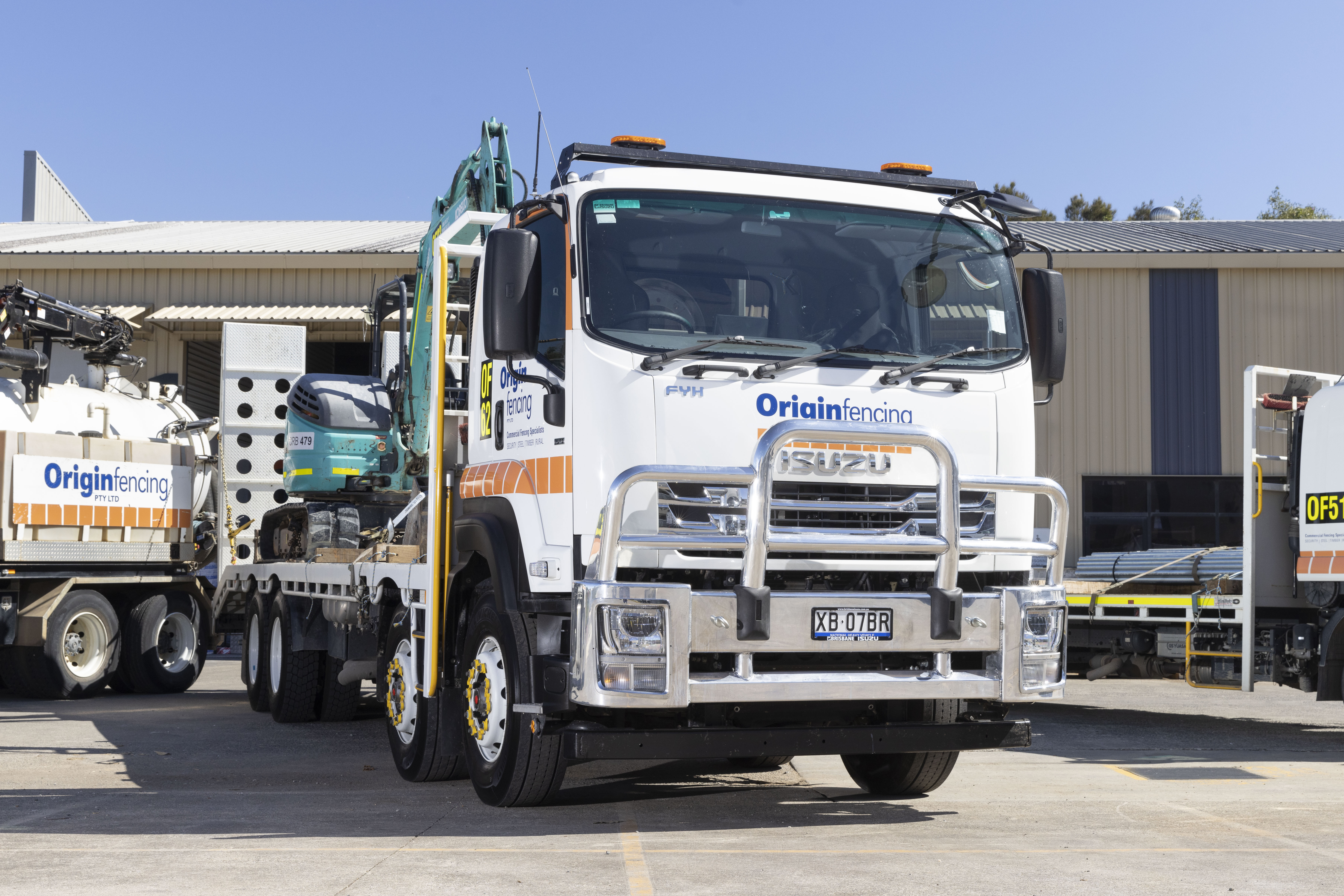
Under pressure
Checking that tyre pressure is correct is a crucial step to maintaining good tyre health.
Correct air pressure will maximise grip and stability, the truck’s fuel consumption and tyre life. It can also guard against irregular wear of the tyres. Things to look out for include:
- Wear on the centre of the tyre; if this happens it can mean pressure is too high.
- Wear towards the edges can indicate that pressure is too low, which can lead to overheating of the sidewall and eventual blowouts.
Making a pressure test part of your weekly (or daily) routine can provide peace of mind and can also help you to notice uneven wear on the tyre.
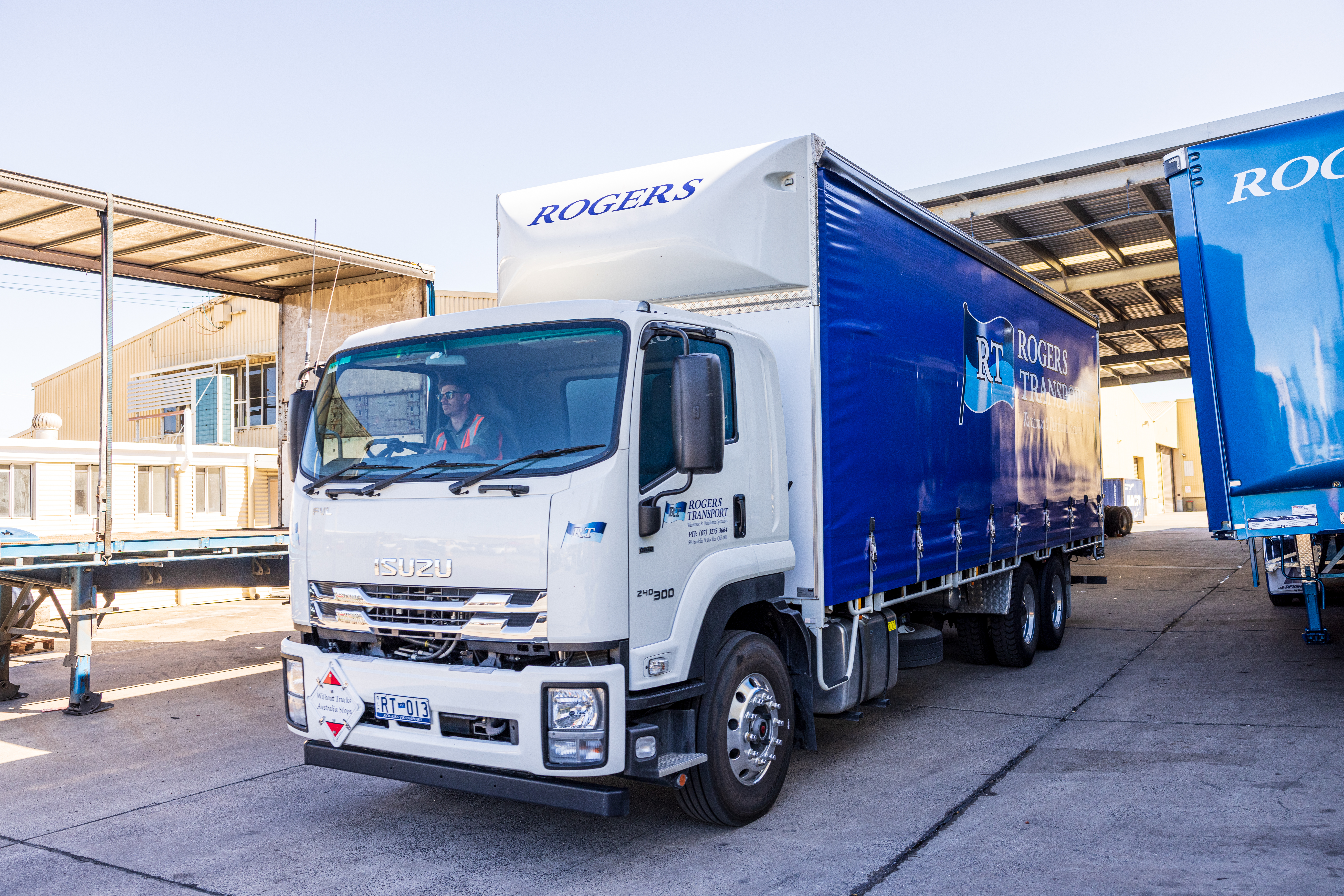
Healthy tyres for safe trucking
Tyre health is connected to the safety of the truck for several reasons but in particular affects the Electronic Stability Control (ESC) system in your truck.
Tyres that are in excellent condition aid in the efficient running of the ESC. Conversely, if the tyres are at the wrong pressure or are damaged, it can negatively impact the effectiveness of the ESC. If your truck tyres are compromised, then your ESC is also compromised.
This is because ESC works by detecting the stability and sideways acceleration of a vehicle. It automatically activates to slow the vehicle down if it senses risk of a rollover. A change in grip, pressure or yaw rate during turning can cause a less than idea response from the sensors and ESC system.
Many truck ESC systems are also tuned to a specific tyre brand and type. Using the same tyres as the truck is manufactured with can take you a step further to ensuring safety is maximised and correct deployment of the ESC.
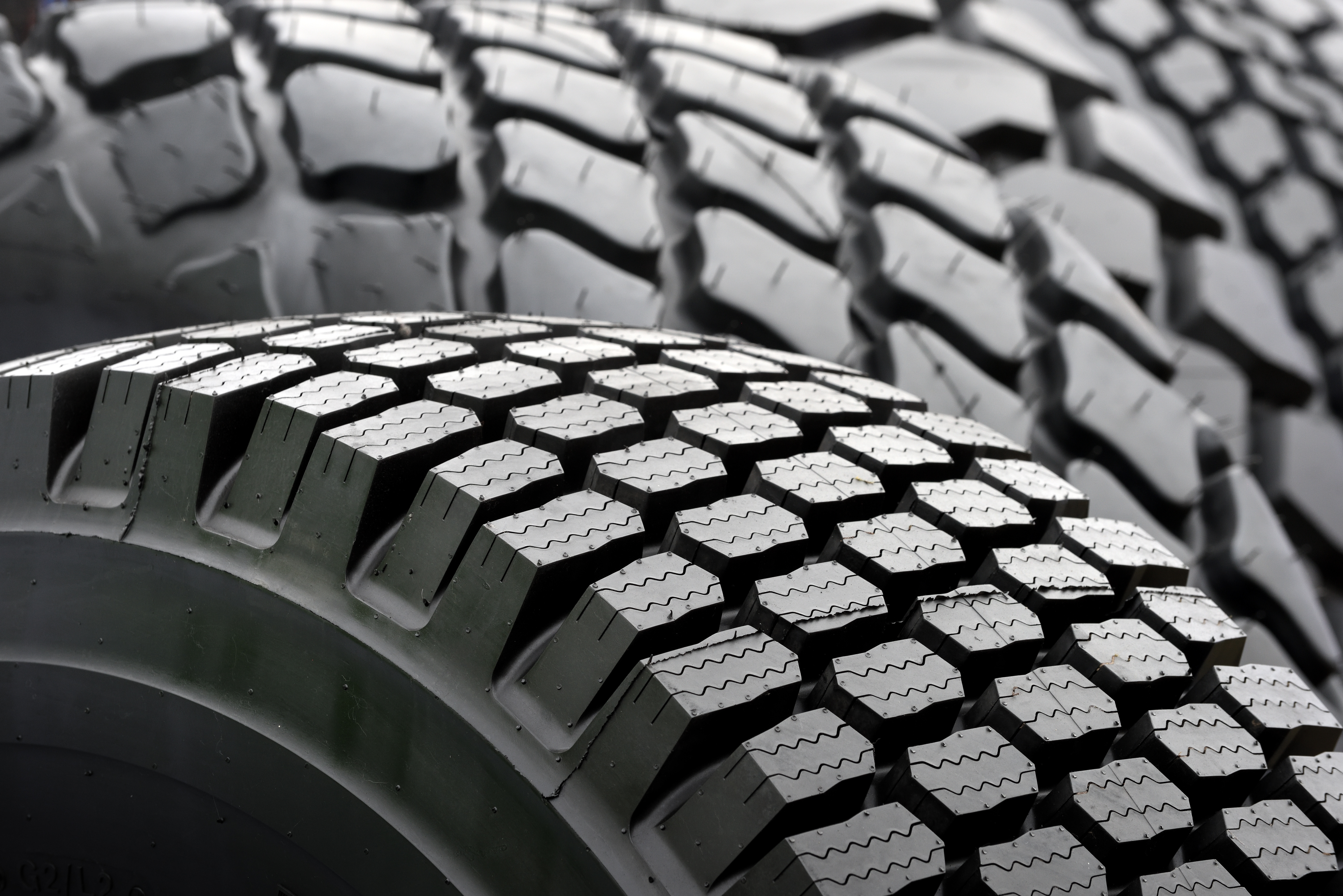
Gas guzzler
Tyres that aren't in great health can have flow on effects to other efficiencies and one of the most critical is that poorly maintained or poorly constructed tyres use more fuel.
The term here is rolling resistance: how much effort it takes to roll a tyre that's bearing a given load.
When rolling resistance changes, fuel consumption also changes. Australian testing has found fuel savings of between five and ten per cent when vehicles are fitted with low-rolling resistance tyres.
For a big fleet this could lead to big savings, but the benefits can be seen by any owner-operator or small business too.
Quality affects cost—in more ways than one
There’s no getting around the fact that truck tyres are a speciality part, and that the good ones can be expensive. This can lead to questions about if the quality (or brand) of tyre really matters.
The short answer—yes. Many truck manufacturers work in conjunction with a particular tyre brand during production and testing phases, specifying the truck when it’s sold with a corresponding tyre designed to complement the axle position and to bear the load and intended application of the truck.
While it’s tempting to think that a cheaper tyre could save money in the short term, fitting a low-quality tyre can cost more in the long run. Low-quality tyres deteriorate faster than high-quality tyres that are specified with your truck on purchase. This can result in your truck having unhealthy tyres that aren't safe for the job or conditions you’re working in and causing related componentry to wear down faster.
Premium tyres from a well-known brand will also come backed by a solid warranty and are tested under pressure for local conditions, giving you that extra peace of mind while on the road.

Rolling down the road
Technology for tyres is always improving which is good news to stay ahead of changes in weather condition and to help you comply with your Chain of Responsibility obligations.
Better access to education on tyre management can make a world of difference whether you are a driver or an owner operator. With up to date courses that can be studied online, your knowledge on the critical role that tyre health plays for the safety and productivity of your truck can be taken to the next level.
Are your road rules knowledge up to date? Brush up on the latest changes on road rules in the state of Victoria with this blog.


The all-new Isuzu truck range is about to arrive.
Register your interest and we'll keep you in the loop with the latest updates.
Learn More

